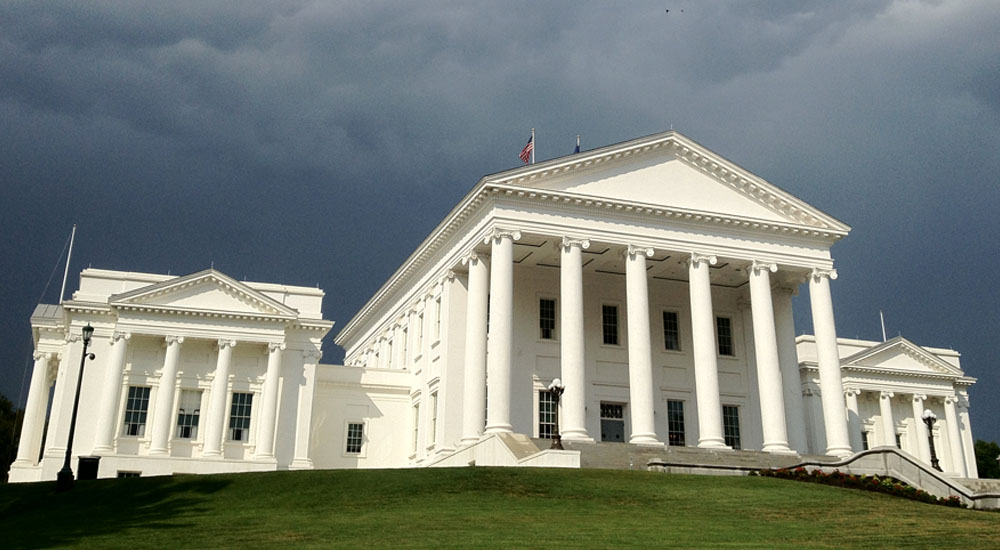In a landmark decision, believed to be the first of its kind, this kind of advancement in technology is raising some tricky issues!
A warrant that used Google location history to find people near the scene of a 2019 bank robbery violated their constitutional protection against unreasonable searches, a federal judge has ruled. While it does make the lives of law enforcement easier, a “geofence warrant as its called, has raised serious questions the legality of it’s use. Geofence warrants seek location data on every person within a specific location over a certain period of time. To work, those people must be using cellphones or other electronic devices that have the location history feature enabled.
In this specific case, a man walked into the Call Federal Credit Union in Midlothian escaped with $195,000. After noticing the suspect had his phone in his hand in surveillance footage, police went to a magistrate judge and obtained a geofence search warrant, seeking location history from Google for any devices located within a 150-meter (164-yard) radius of the bank around the time of the robbery.
Google turned over location data for 19 devices without providing any identifying information. Police then narrowed down their request to three devices, for which Google provided the information. Police arrested Okello Chatrie, who was charged with armed robbery. Bank cameras showed the robber came and went from an area where a church worker saw a suspicious person. Chatrie’s location history matched these movements
U.S. District Judge Hannah Lauck found that the warrant violated the constitution by gathering the location history of people near the bank without having any evidence that they had anything to do with the robbery. More specifically, the judge argued that its use violated the Fourth Amendment, which protects against unreasonable searches and seizures.
Judge Lauck wrote in her ruling:
“The warrant simply did not include any facts to establish probable cause to collect such broad and intrusive data from each of these individuals.”
Jennifer Lynch, surveillance litigation director for the Electronic Frontier Foundation, a nonprofit digital rights group, said attorneys around the country could cite the ruling in their own cases because it is believed to be the first time a federal district court judge has ruled on the constitutionality of a geofence warrant.
“It’s helpful to other judges to see how a judge has dealt with this, especially since the technology is so new,” Lynch said.
Google said it is reviewing the court’s ruling, and said in a statement:
“We vigorously protect the privacy of our users, including by pushing back on overly broad requests, while supporting the important work of law enforcement.”
How do you feel about the use of Geofence warrants? While it does make the jobs of law enforcement easier, it also raises some privacy concerns that some might deem invasive.





